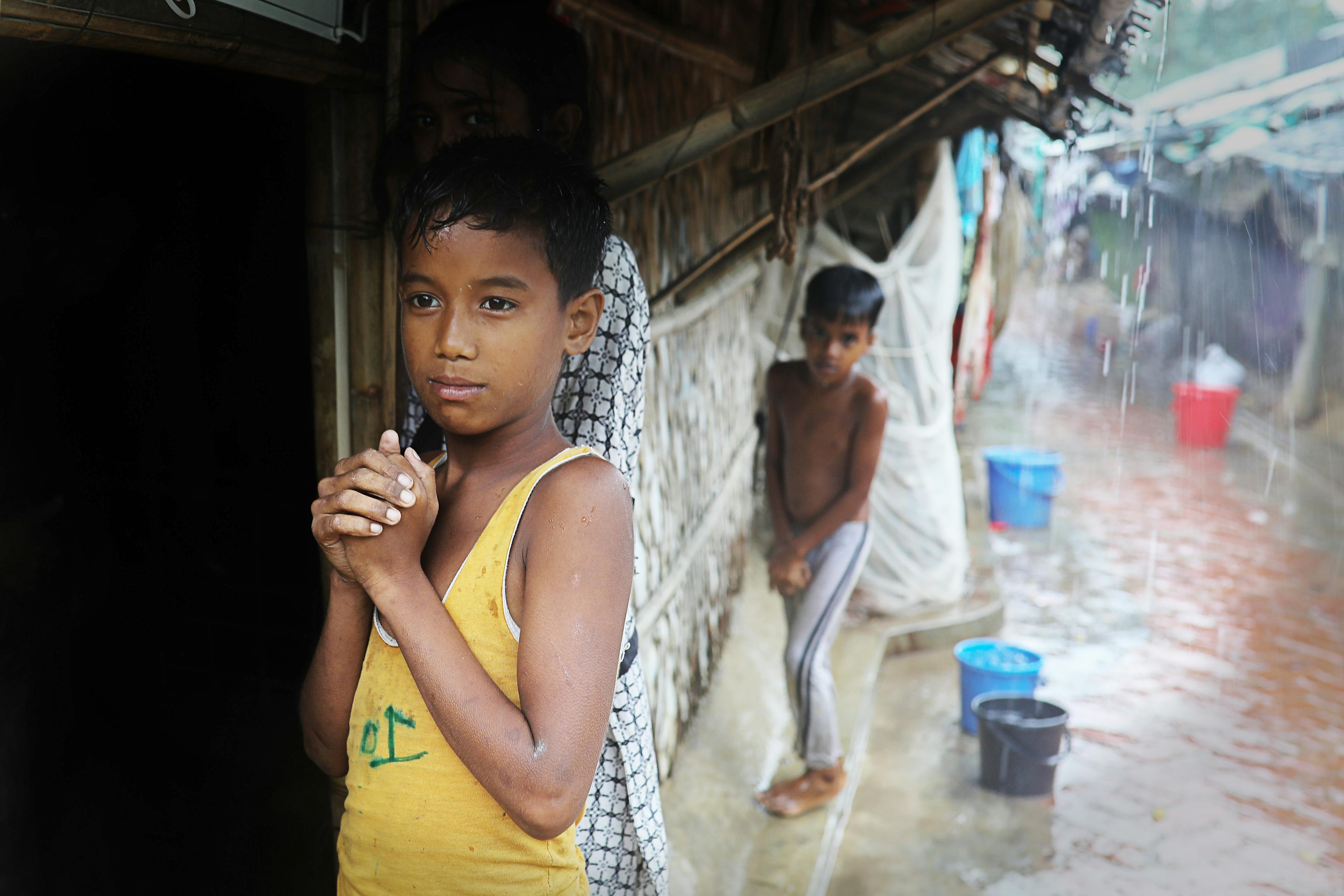
Amplifying youth
voices on climate
Home
Stories
Amplifying Youth Voices on Climate
Children and young people have a critical voice
in shaping the response to the climate crisis.
While we often talk about climate change as an environmental issue, it’s much bigger than that. It’s also a social, health and economic issue – and above all it’s a children’s rights emergency.
Already, natural disasters, droughts and floods are limiting kid’s access to food, water, secure housing, healthcare, and education – a violation of their basic human rights.
Climate justice requires a people-first approach and youth advocates deserve to have their voices heard on policies that directly impact their livelihood.
The consequences of natural disasters don’t discriminate, but policies can. It’s important that all communities have their unique perspectives considered and included within solutions. Representation from Māori, Pasifika, rural, urban, LGBTQIA+, disabled and low- income children will create an inclusive approach to policy making.
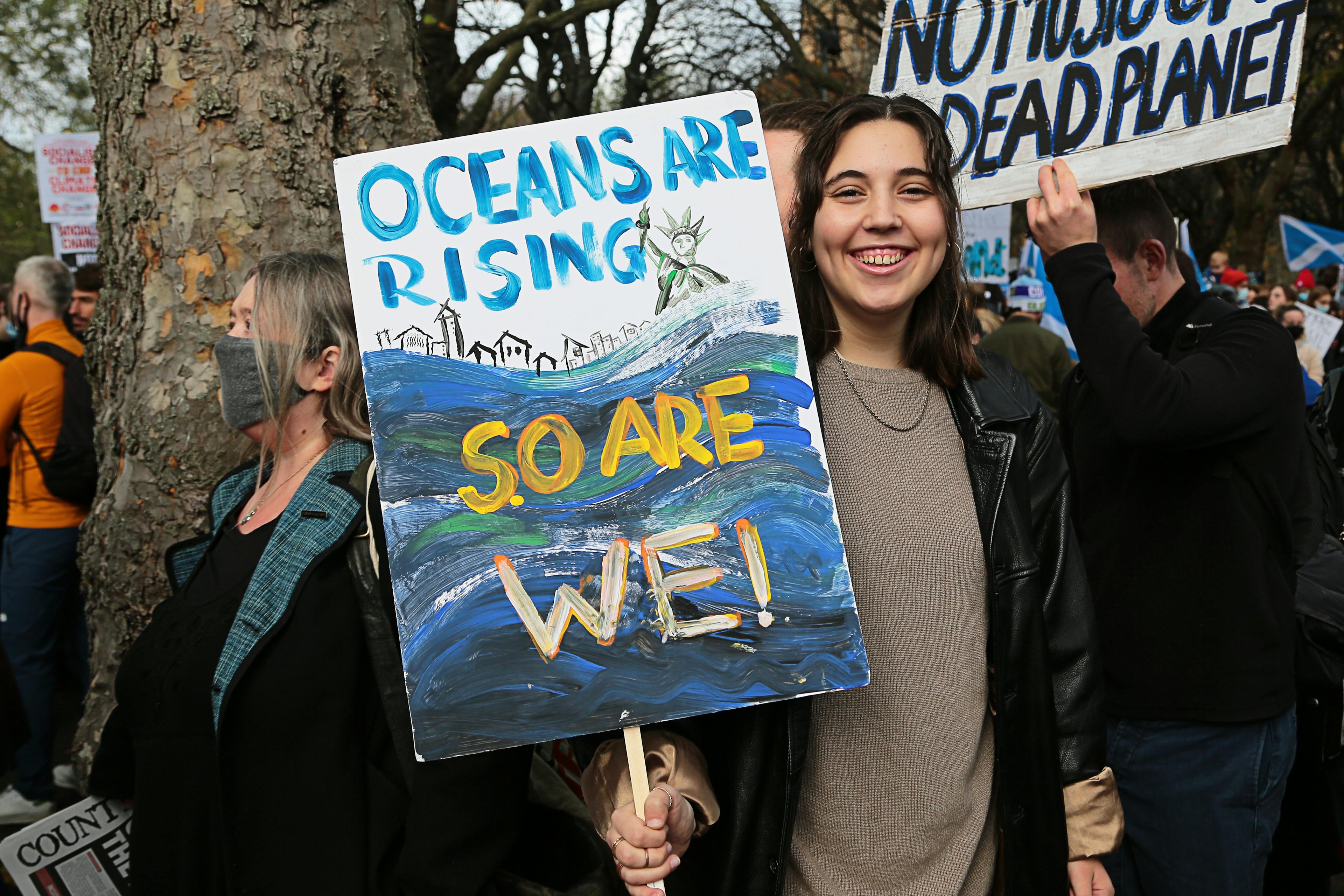
UN0547112
It’s time that decision-makers and politicians acknowledge that children will bear the brunt of climate change.
As one of our Young Ambassadors put it, the Government should “create space for us to be in the conversation.”
UNICEF Aotearoa is calling on the Government to invest in a Youth Climate Advisory Committee. An official forum for youth voice will allow for meaningful input by young people in climate-related policy, giving them opportunities to influence decision-making, such as on updated Nationally Determined Contributions (NDCs) – each country’s commitments to address climate change considering its priorities and capacities.
Youth advocates in Aotearoa demonstrated their passion for climate justice when they rallied together at the School Strike 4 Climate protests. In 2019, 170,000 Kiwi youth marched for climate action across 40 locations around the country. They’ve made clear demands for the government including the phasing out of fossil fuels, implementing 100% renewable energy, honouring our responsibility to protect our Pacific neighbours, and transitioning to regenerative farming practices.
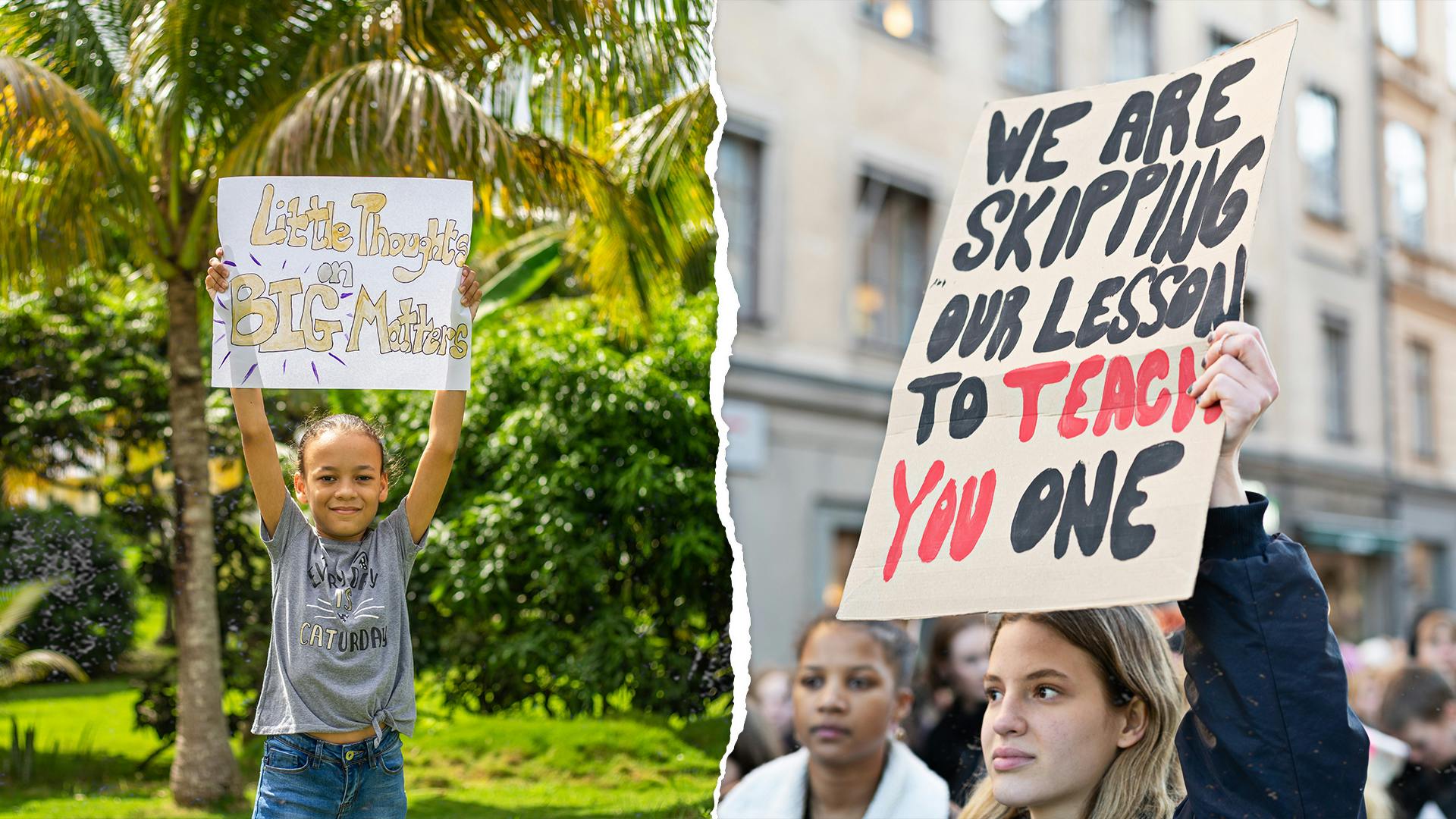
UN0365921/UN0543481

More than ever, there’s an urgent need to introduce child-centred climate policies that prioritise the wellbeing of tamariki. The best way to do that is by platforming their voices in decision-making spaces.
Although all of us will be impacted by climate change, it’s important that those most affected have their opinions considered and incorporated in climate action plans.
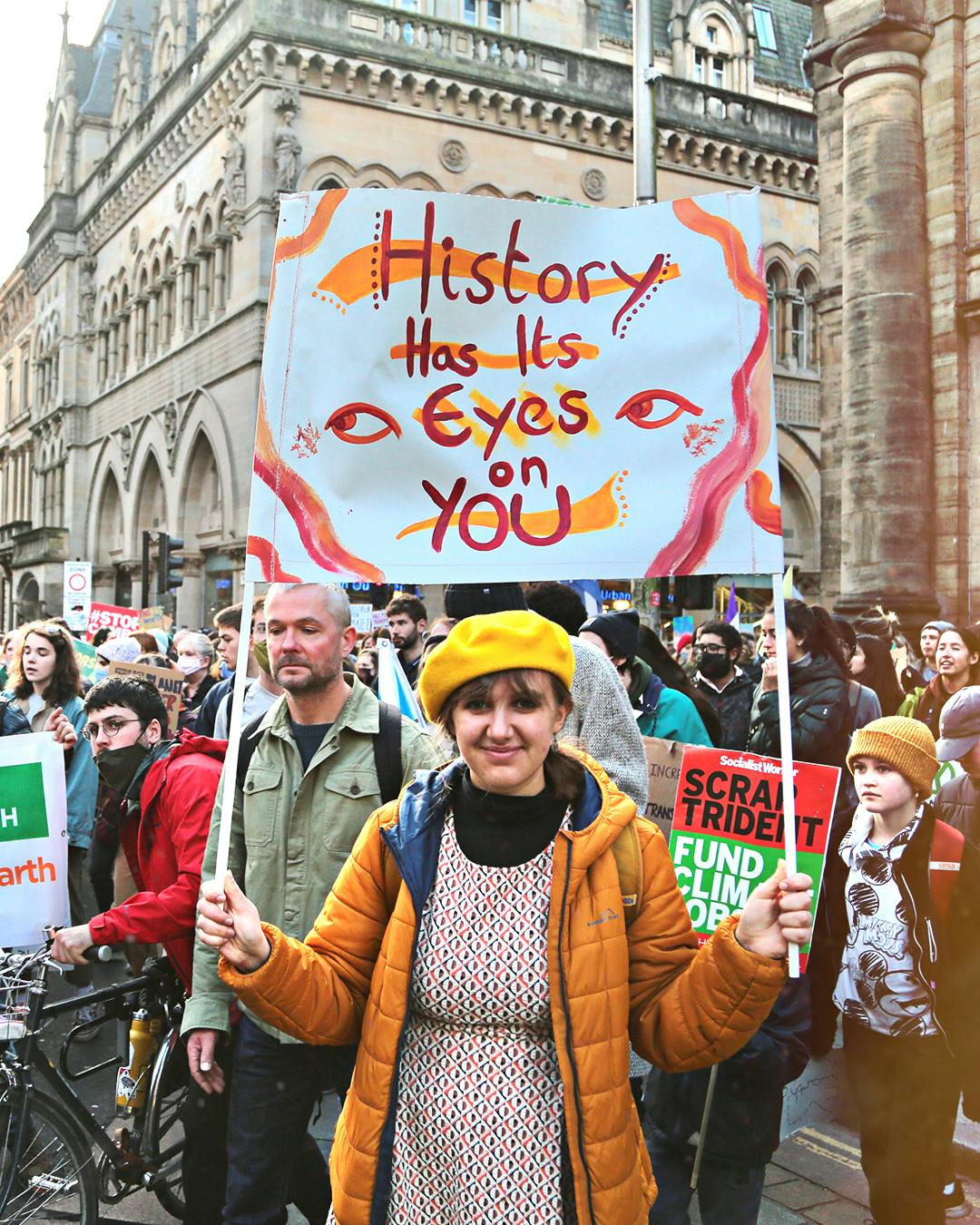
UN0547134
Tamariki and rangatahi bring a fresh perspective to environmental frameworks – they’re passionate advocates for climate protection, eager to learn and exercise their problem-solving skills to tackle the big issues, especially those that directly affect them.
There's a lot of room for improvement: a UNICEF analysis of 103 proposed NDCs found that only 35 prioritise the wellbeing of children. Imagine the impact child and youth voices could have for our NDC in Aotearoa!
When established, the climate youth advisory committee should be resourced like any other governmental advisory group – where members are compensated for their time, provided support, and given training to fulfil their roles. The committee should be involved in any climate policy development, including helping shape disaster risk reduction and emergency response.
Climate anxiety is very real for our young people. Let's use their enthusiasm to strengthen our fight against climate change and respond with concrete action. By calling on the Government to fund a youth climate advisory committee, we validate their concerns and in turn, start to make real progress in protecting our environment – and more importantly, our children, young people, and their communities.
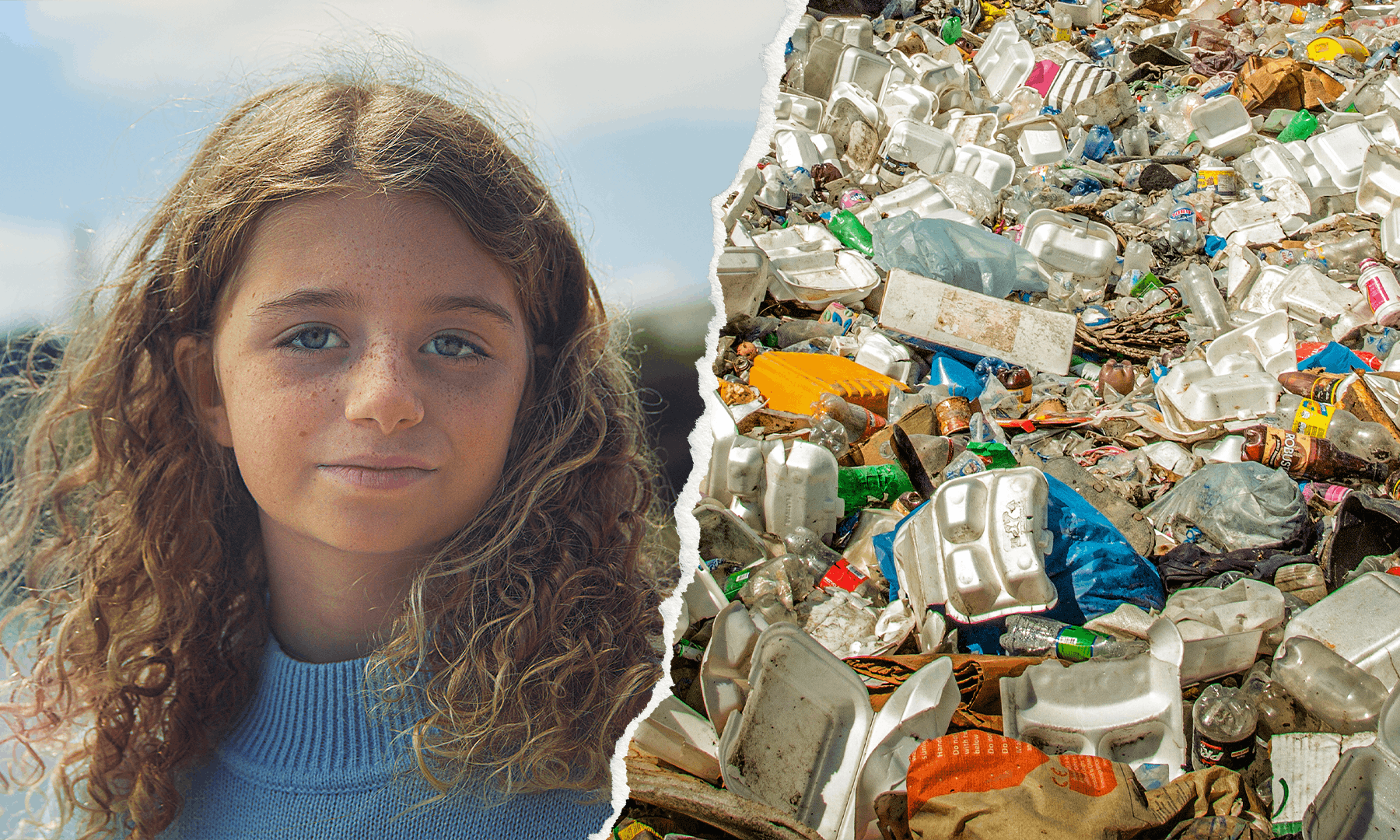
Putting Children's Futures First
Children and young people are the least responsible for the climate crisis, but they’ll continue to bear the heaviest burden. The Declaration of Children, Youth and Climate Action is putting children at the centre of climate action and policy to protect their futures.
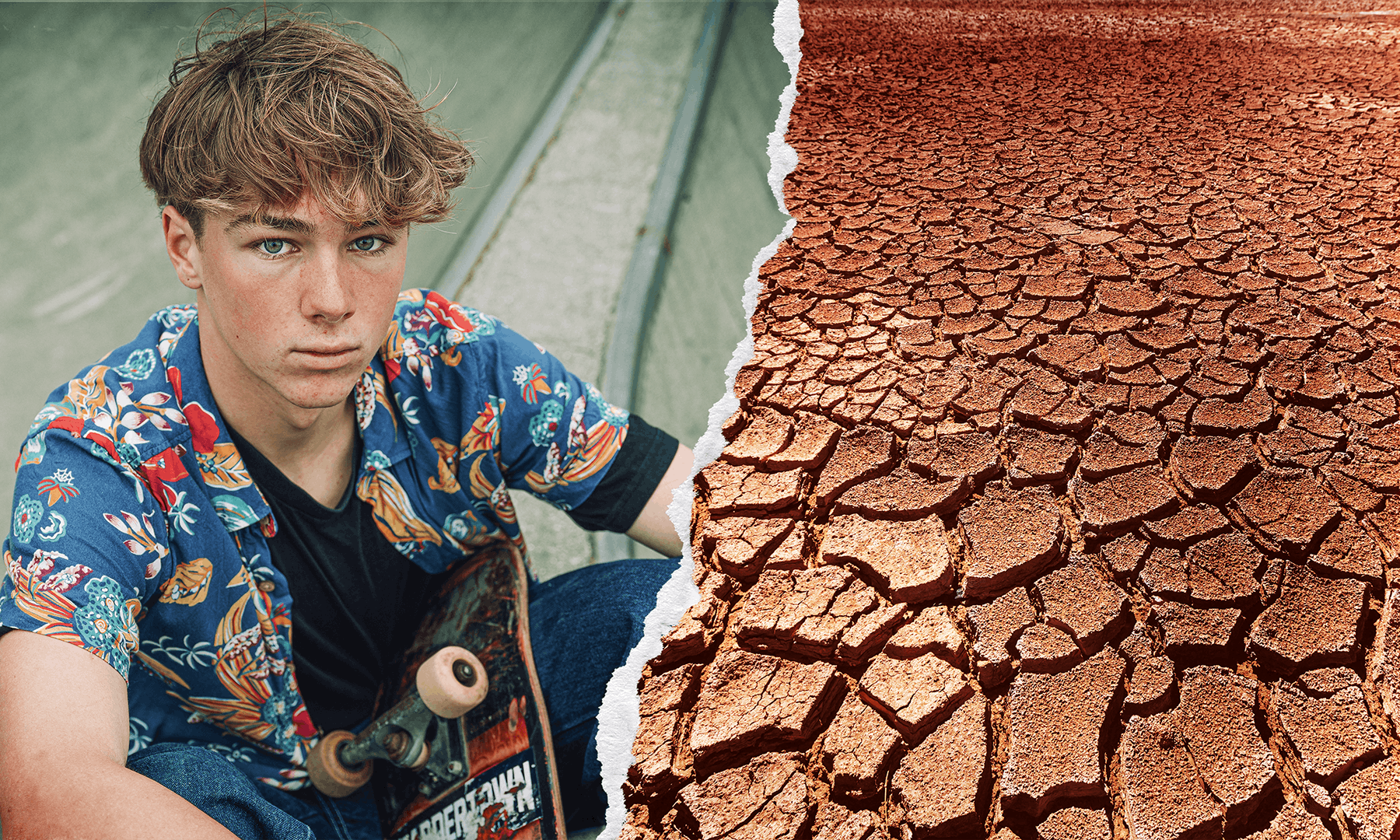
Declaring for Climate Action
We’ve created a petition asking the New Zealand government to declare the climate crisis a children’s emergency in parliament.
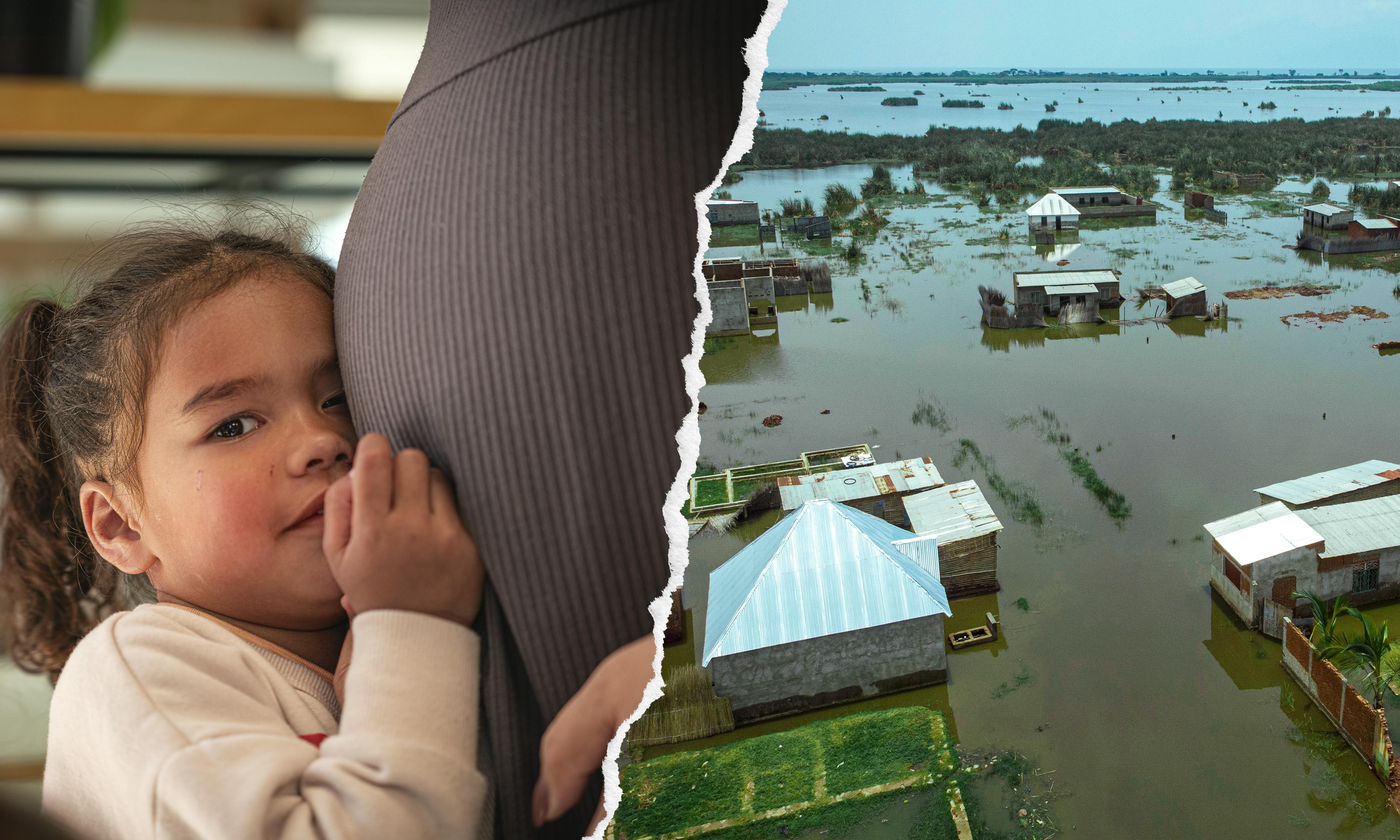
The Power of Petition
A symbol of group strength and a unified voice, petitions have brought about real action and change throughout the ages.
